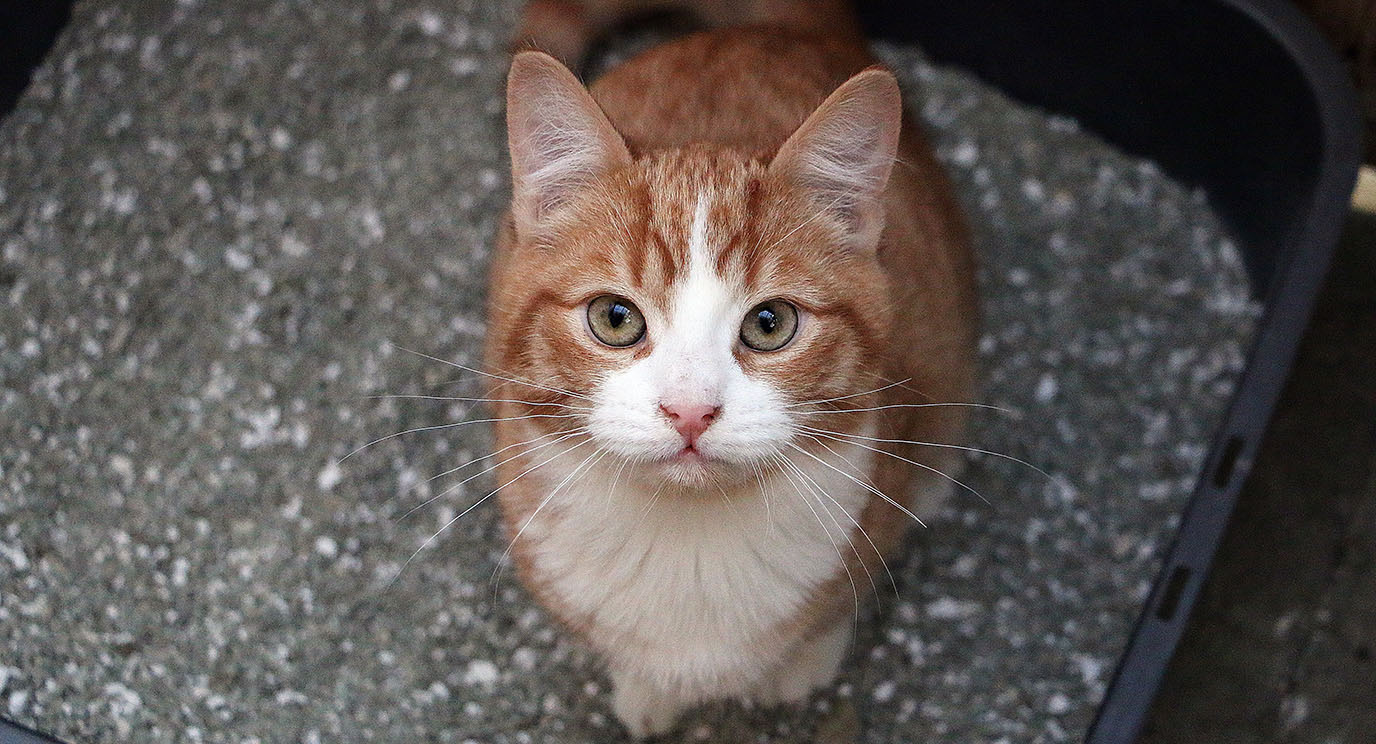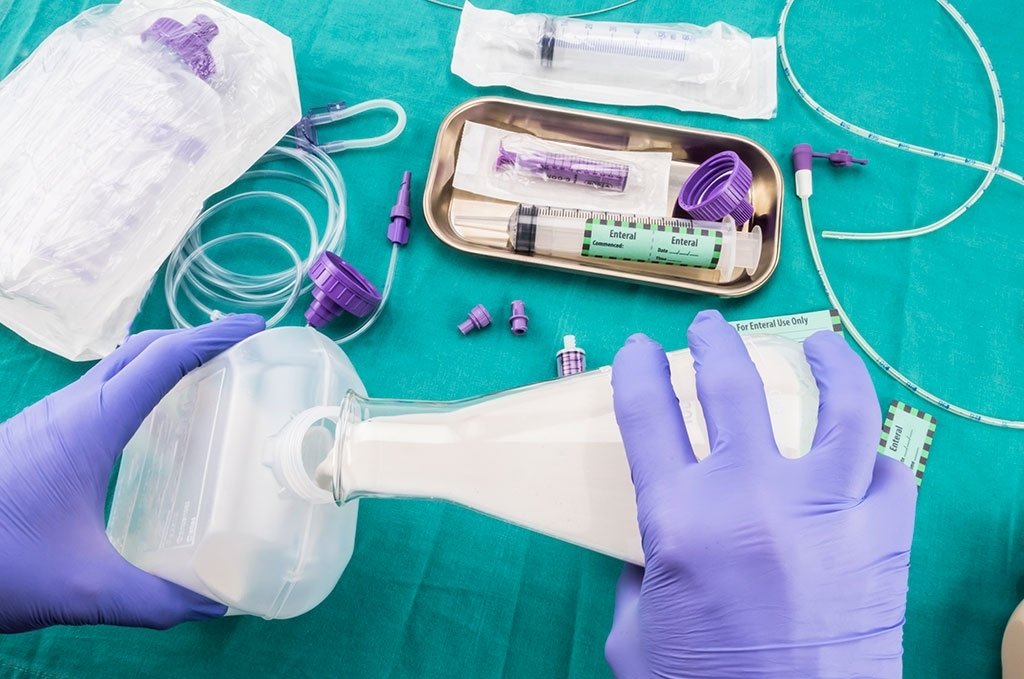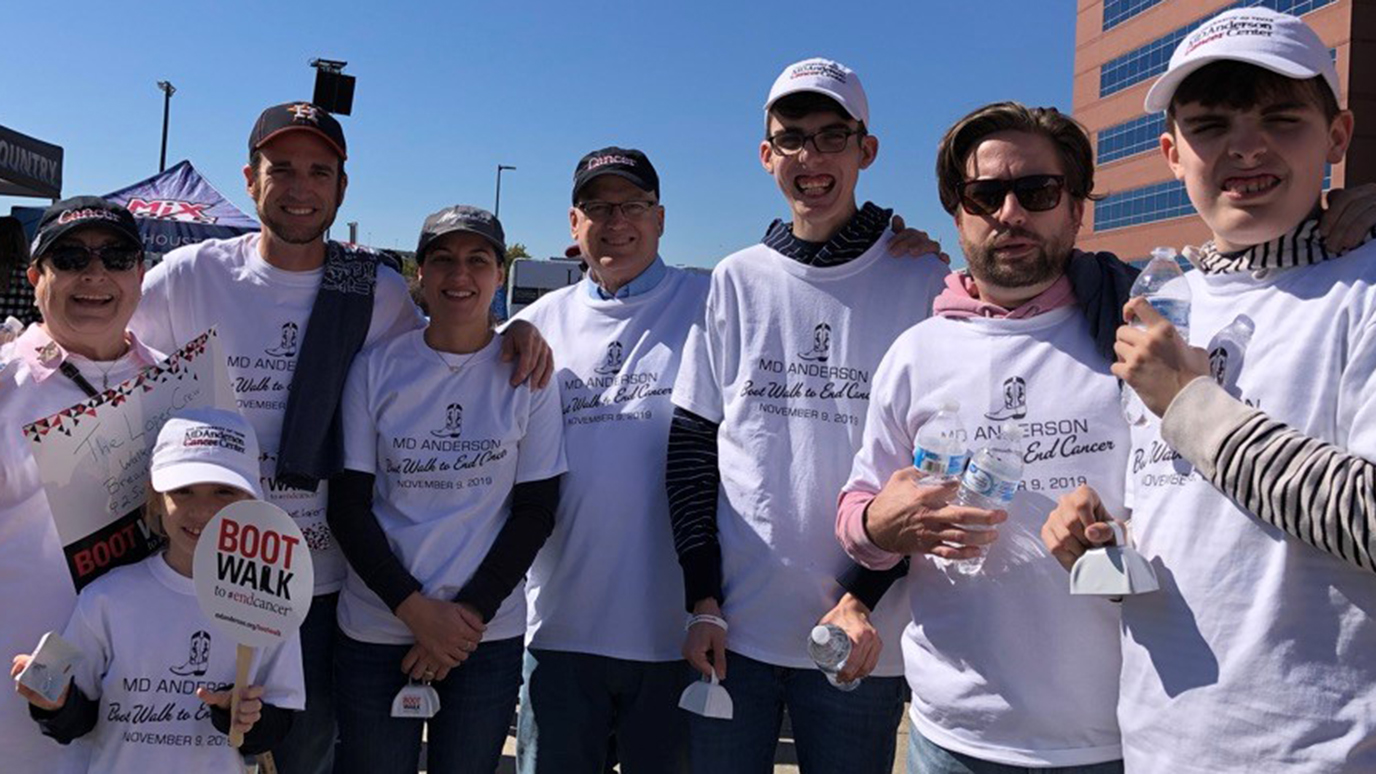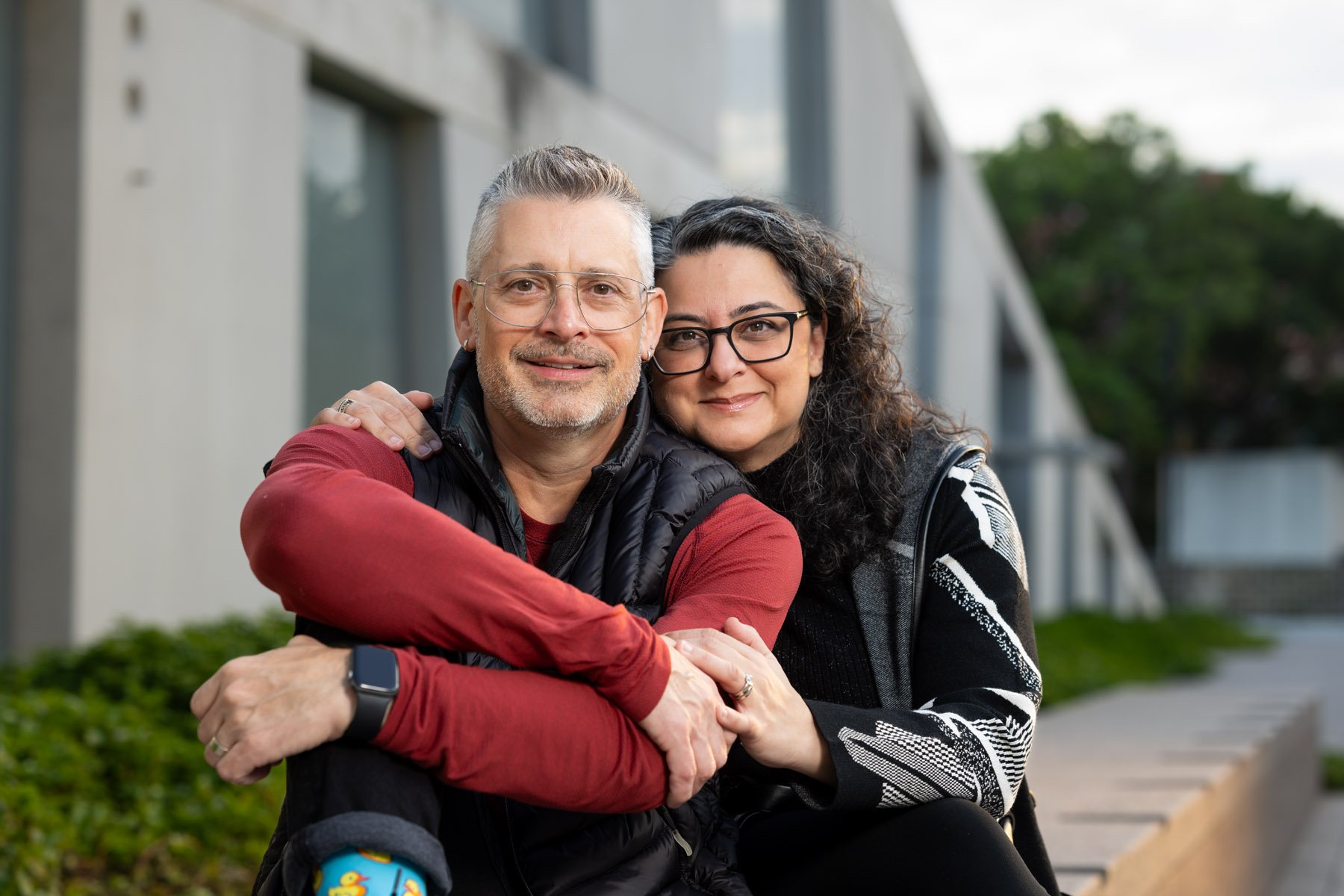- Diseases
- Acoustic Neuroma (14)
- Adrenal Gland Tumor (24)
- Anal Cancer (68)
- Anemia (2)
- Appendix Cancer (16)
- Bile Duct Cancer (26)
- Bladder Cancer (72)
- Brain Metastases (28)
- Brain Tumor (232)
- Breast Cancer (714)
- Breast Implant-Associated Anaplastic Large Cell Lymphoma (2)
- Cancer of Unknown Primary (4)
- Carcinoid Tumor (8)
- Cervical Cancer (158)
- Colon Cancer (166)
- Colorectal Cancer (116)
- Endocrine Tumor (4)
- Esophageal Cancer (44)
- Eye Cancer (36)
- Fallopian Tube Cancer (8)
- Germ Cell Tumor (4)
- Gestational Trophoblastic Disease (2)
- Head and Neck Cancer (12)
- Kidney Cancer (128)
- Leukemia (342)
- Liver Cancer (50)
- Lung Cancer (286)
- Lymphoma (278)
- Mesothelioma (14)
- Metastasis (30)
- Multiple Myeloma (100)
- Myelodysplastic Syndrome (60)
- Myeloproliferative Neoplasm (4)
- Neuroendocrine Tumors (16)
- Oral Cancer (100)
- Ovarian Cancer (172)
- Pancreatic Cancer (160)
- Parathyroid Disease (2)
- Penile Cancer (14)
- Pituitary Tumor (6)
- Prostate Cancer (146)
- Rectal Cancer (58)
- Renal Medullary Carcinoma (6)
- Salivary Gland Cancer (14)
- Sarcoma (238)
- Skin Cancer (296)
- Skull Base Tumors (56)
- Spinal Tumor (12)
- Stomach Cancer (64)
- Testicular Cancer (28)
- Throat Cancer (92)
- Thymoma (6)
- Thyroid Cancer (96)
- Tonsil Cancer (30)
- Uterine Cancer (80)
- Vaginal Cancer (16)
- Vulvar Cancer (20)
- Cancer Topic
- Adolescent and Young Adult Cancer Issues (20)
- Advance Care Planning (10)
- Biostatistics (2)
- Blood Donation (18)
- Bone Health (8)
- COVID-19 (362)
- Cancer Recurrence (120)
- Childhood Cancer Issues (120)
- Clinical Trials (630)
- Complementary Integrative Medicine (22)
- Cytogenetics (2)
- DNA Methylation (4)
- Diagnosis (232)
- Epigenetics (6)
- Fertility (62)
- Follow-up Guidelines (2)
- Health Disparities (14)
- Hereditary Cancer Syndromes (126)
- Immunology (18)
- Li-Fraumeni Syndrome (8)
- Mental Health (116)
- Molecular Diagnostics (8)
- Pain Management (62)
- Palliative Care (8)
- Pathology (10)
- Physical Therapy (18)
- Pregnancy (18)
- Prevention (914)
- Research (392)
- Second Opinion (74)
- Sexuality (16)
- Side Effects (604)
- Sleep Disorders (10)
- Stem Cell Transplantation Cellular Therapy (216)
- Support (402)
- Survivorship (320)
- Symptoms (182)
- Treatment (1786)
Caregiver/dietitian: Helping my husband gain weight after chemo
3 minute read | Published August 13, 2015
Medically Reviewed | Last reviewed by an MD Anderson Cancer Center medical professional on August 13, 2015
As a registered dietitian at MD Anderson, I know that nausea and other side effects of cancer and treatment make eating difficult, if not impossible. Even though our doctors, nurses and mid-level providers do a great job of educating our patients and caregivers about these possibilities, it is hard to prepare for them.
I didn’t realize just how hard it can be, though, until I became my husband’s caregiver during his B-cell lymphoma treatment, which included chemotherapy and a stem cell transplant.
Diet challenges after chemo
My husband Bob is a fighter and a very compliant patient. But the chemo leading up to his stem cell transplant caused nausea, vomiting, diarrhea and mouth and throat sores. Together, they made it almost impossible for him to eat and drink enough for over a month. He lost about 25 pounds -- mostly muscle.
The medical team did their best to manage Bob’s nausea, vomiting, diarrhea, and mouth and throat sores with medications. But his sense of taste diminished greatly, and there are no pills to fix that. He was hydrated 24/7 in the hospital. For a few weeks after Bob was discharged, he received IV fluids almost daily. His care team monitored his electrolytes closely and gave him magnesium and potassium through an IV until he could keep pill supplements down.
Helplessness in the face of Bob’s weight loss
I watched helplessly as Bob lost weight simply because he could not eat. I knew he was trying. But no matter how much I did or how many different food and liquid options I gave him, I couldn’t make him keep food down and gain weight.
Bob he felt so awful from the drugs he was on that I don’t think he cared whether he ate. He was so fatigued and weak that all he wanted to do was sleep. “I could see the stress in your face,” he told me.
From the beginning, Bob’s doctors had said he’d lose about 10 percent of his body weight. Some patients feel that is a positive thing, but I know this is loss of muscle, not fat. To a dietitian, this equals severe malnutrition. It also prolongs the healing process.
Bob didn’t have 10 percent excess weight prior to his stem cell transplant. I was worried to tears on many occasions about his ability to recover. I’m sure many caregivers know that feeling. It feels like you have failed your loved one or that he or she is simply not trying hard enough.
We tried supplements of all calorie and protein levels in a variety of flavors. He tolerated some, but couldn’t tolerate most. Those that he did tolerate weren’t tolerated for long.
More than anything, I wanted to make sure he kept receiving food through his GI tract. He needed at least small amounts of food to keep it functioning and avoid the need for enteral or parenteral nutrition. I knew that enteral or parenteral feeding would pose the risk of life-threatening infection for Bob, whose immune system was already severely compromised after his stem cell transplant.
Yet we forged ahead, hour by hour, day by day. After three or four weeks, Bob was finally able to keep food down in small amounts, and he progressed from there. About 100 days after his stem cell transplant, Bob started eating some of his normal favorite foods like my homemade lasagna and his mother’s split pea soup. It seemed like he’d turned a major corner.
The long road back to eating
Even now, six months after his transplant, Bob still struggles with regaining weight. But he is enjoying food again. He’s also exercising to rebuild strength and muscle mass. We still have days where we feel like we’re making progress, then take a step back.
This road back to eating and weight gain has taken longer and has been more challenging than I could’ve imagined. Yet as I’ve learned from Bob and my patients, we will get there with patience and perseverance. So will you.
Related Cancerwise Stories

We will get there with patience and perseverance. So will you.
Debra Ruzensky
Caregiver and Dietitian





